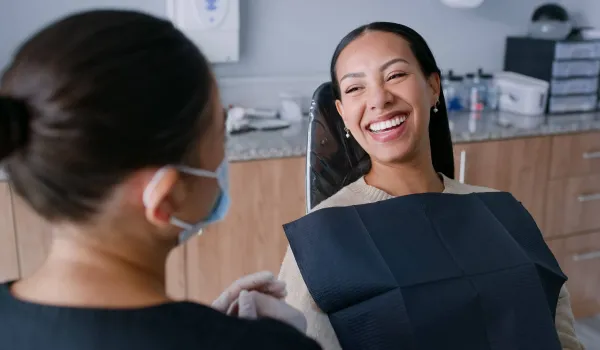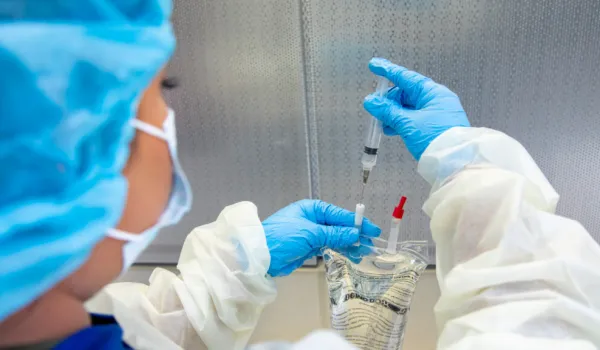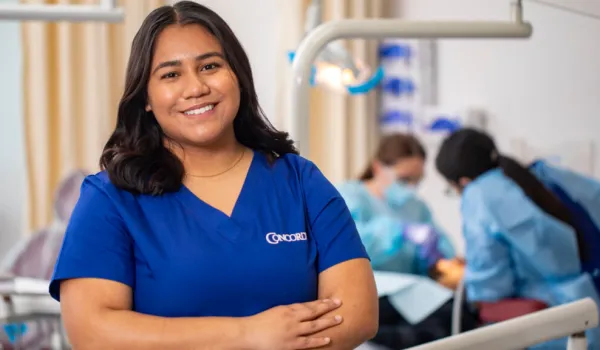
Have you ever wanted to be able to use both hands equally well? If you're someone who passes medical instruments for a living, say, a surgical technologist or dental assistant, being ambidextrous could sure come in handy.
Imagine what might happen if you were to fracture or otherwise injure your dominant hand. What would you do? If you're a surgical technologist or dental assistant, or training to be one at Concorde, you might find yourself sidelined, at the inconvenience and expense of your employer, if you're worthless with your weaker wing.
We want our Concorde surgical technologist and dental assistant students and graduates to be prepared for anything. With that in mind, it might be time to work on your ambidexterity, or being equally effective with both hands. We found a blog at Instructables.com that gave four steps toward becoming more ambidextrous.
Remember, it always pays to be prepared for any circumstance which might interrupt your work routine.
Train yourself to be an ambidextrous Surgical Technologist or Dental Assistant
Step 1, Day 1 - Practice your handwriting. Write your name and the alphabet, along with a few straight lines and a few circles or curves, all with your non-dominant hand. At first, it's likely your straight lines will look like bacon strips. But the more you practice, the closer your handwriting with the non-dominant hand will resemble the beautiful penmanship you normally exhibit with your dominant hand.
Along with handwriting, try to do a few things consistently with your off-hand. Shaving, putting on makeup ... these are things you can work on, but start slowly. You don't want to wield a razor near your carotid artery with a hand that doesn't do what you want it to do.
Step 2, Day 2 - Brush your teeth with your off hand. When you take a shower, turn on the water, reach for/use the soap, reach for/use the towel, dry off and brush your hair with the non-dominant hand. Put your watch on the opposite wrist. Use your off hand to get food out of the refrigerator.
And finally, practice your handwriting again.
Step 3, Day 3 - Do everything you did the previous two days with the addition of eating with your off hand. Reach for the milk, handle a fork/spoon, butter your toast, cook, etc., using your non-dominant hand dominantly.
A quick tip: Don't eat in public with your off hand until you've practiced a bit. Things could get messy.
Step 4, Day 4 - Do everything you did the day before. Now, tie your dominant hand behind your back for a bit to make you do everything possible with the non-dominant hand. Only untie it when driving or doing other things that require the use of two hands.
Also, switch your mouse buttons to fit your new practices.
The ambidextrous Surgical Technologist or Dental Assistant will have a leg up
That's about it. Just keep doing these things and any Surgical Technologist or Dental Assistant should be given enough time, be ambidextrous and passing instruments skillfully with both hands. That will get you successfully through your surgical tech programs online and on-campus or dental assistant programs no matter what hand issues you might face.
Take The Next Step Towards a Brighter Future
We have a Concorde representative ready to talk about what matters most to you. Get answers about start dates, curriculum, financial aid, scholarships and more!




